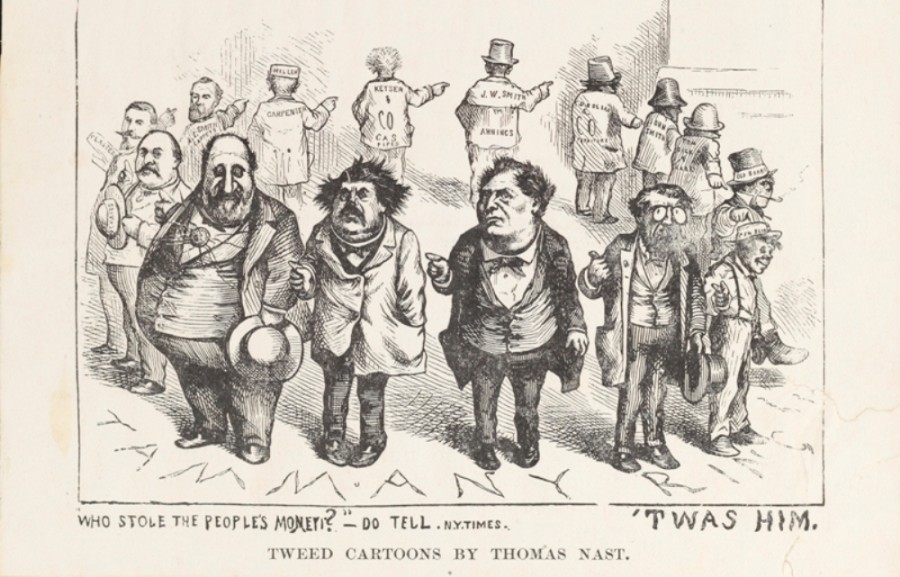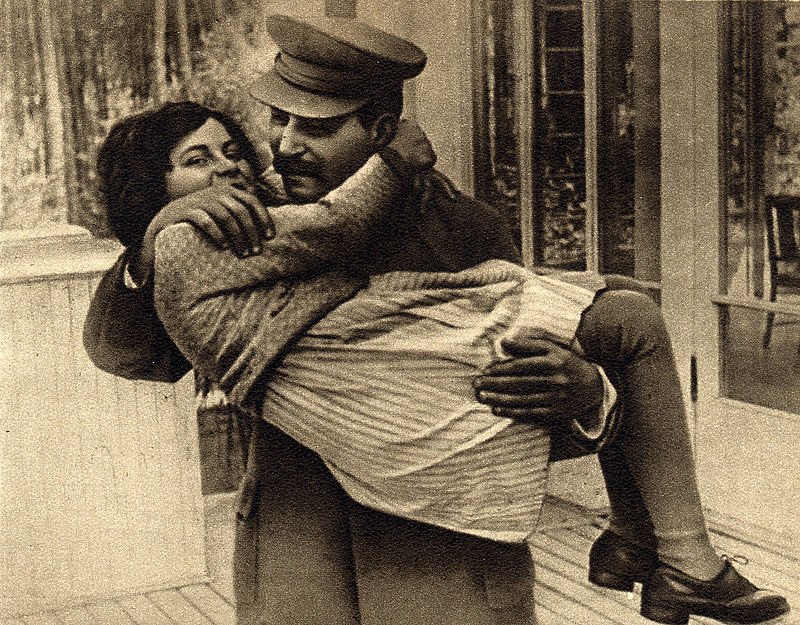In connection with the release of his new book “America: Imagine a World Without Her,” we conducted an interview with bestselling conservative author, filmmaker and recent Real News guest, Dinesh D’Souza.
In the interview, we covered such topics as the left’s disingenuous championing of the “little guy,” the twisted historical narrative being taught in schools today, illegal immigration, the man who shaped the dastardly tactics of both the current…and if the left gets their way, future president, D’Souza’s upcoming movie and much more.
The transcript of our interview, conducted via phone, can be found below. The interview has been modified for clarity and links.
And for more content like this, follow Blaze Books on Facebook and Twitter.
In your book, you take on the left on their own terms, focusing on those at the bottom of society, or as the left describes it, looking at “history from below.” Why did you choose to go that route?
D’Souza: The left is very successful at appealing to the principle of justice, and justice for the man lowest down. Sometimes, as conservatives, we miss the force of that. We reply by chanting “Liberty!” But we have to remember that justice is a key principle. Right, the Pledge of Allegiance: “With liberty and justice for all.” So we can’t ignore justice, and what I do in the book and film is to engage the left on its own terms. I go “Ok, let’s really look at whether or not America has been good for the common man.” Forget about the rich guy, he’s going to do well everywhere. Let’s judge a society by the kind of life it makes available to the ordinary fellow. So I’m willing to argue that the left is actually attacking ordinary people.
Let me give an example of what I mean. The left says that the wealth of America is stolen. So here’s the first question: Who stole it? Was it the one percent? Now if we look at American history, who are the people who moved West and displaced the Indians? The immigrants. Who are the people who benefited from slavery? Well everybody who bought a cotton shirt. Who are the people who defeated the Mexicans in the Mexican War? Ordinary immigrants and settlers.
So the point is that the critique of America is not one that is aimed at wealthy aristocrats who had beautiful cottages or mansions on the East Coast. The progressive critique is an attack on the immigrants themselves – it’s an attack on people like me. And so, what I’m doing here is making a defense of the ordinary American against these malicious charges that are leveled by the left, which are untrue and the prelude to shaking us down economically.
You frame that thesis, ironically enough, around two Frenchmen, Alexis de Tocqueville and Michel Foucault. Can you expound upon the dichotomy represented by these two men — and the “spirit of 1776″ versus that of 1968?
D’Souza: Yeah, we see the “spirit of 1776″ and 1968 by looking at two French guys, both of whom came to America at very different times. Tocqueville came in the early 19th century, and what he saw was the American founding principles in action, basically half a century after they had been put into effect. And what Tocqueville noticed was that America was a very entrepreneurial society, America was a society where people rely very little on the government, and America is a society deeply infused with Christian values. So Tocqueville saw, if you will, conservative America. Now, fast-forward 150 years when Michel Foucault came to America in the 1970s. And what he liked about America – he, like Tocqueville, grew to love America — but he loved America because he saw America as a mecca of gay liberation. The things that Tocqueville saw about America, like its entrepreneurship or its Christianity, Foucault hated. He hated that America. But what he liked is a different America, that he saw in the Castro district of San Francisco, which he called “laboratories of sexual experimentation.” So these are really two different Americas. In Foucault, you get just a glimpse of a different kind of America that progressives might prefer to the principles of 1776.
In moving from the 1776 ethos to that of 1968, you speak to Saul Alinsky’s playbook. And one of the things you say, and something that I hadn’t seen elsewhere, is that Saul Alinsky’s “Rules for Radicals” effectively are derived from the same playbook as that of the devil, which kind of explains why he dedicated “Rules for Radicals” to Satan. Can you expound upon that?
D’Souza: Well, something strange is going on here because Alinsky was obviously not a Christian; in fact, he was an atheist. So why would an atheist dedicate a book to Lucifer? I think to discover the answer, you have to pay careful attention to what Lucifer represents in the Western tradition. So I did a close reading of Milton’s “Paradise Lost,” and you begin to see how Lucifer operates. First of all, Lucifer is a master of organizing resentment, and so is Alinsky. Lucifer is also a master at making G-d the bad guy. So even though Lucifer rebels against G-d, even though G-d justly expels Lucifer from Heaven, Lucifer goes, “G-d, you’re a tyrant. I don’t have to follow you. I want my own kingdom.” So Lucifer practices, you may say, demonization against G-d. And finally, Lucifer is a liar. He is a master of dishonesty and deceit.
Now, Alinsky adopted these Luciferian techniques, and so, for example, Alinsky openly advocates deceit. He tells the radicals of the ‘60s, “You know you people are middle class, but you hate the middle class, you hate middle class values, and that’s very good. But what you should do is pretend to be a friend of the middle class, pass yourself off as middle class, and use your position in the middle class to rub raw the sores of discontent. Try to radicalize the middle class by feigning or pretending to share their values.” And I think here, we begin to see the Obama and even the Hillary playbook, which is to say the ways in which Hillary and Obama both started out as Bohemians or Hippies, and then quickly adopted the Alinsky-ite approach of as Alinsky says “dressing square:” Seeming very respectable, being very self-disciplined, and ultimately pretending to be a friend of the middle class, whose values you are trying to undermine.
Read more at TheBlaze…







